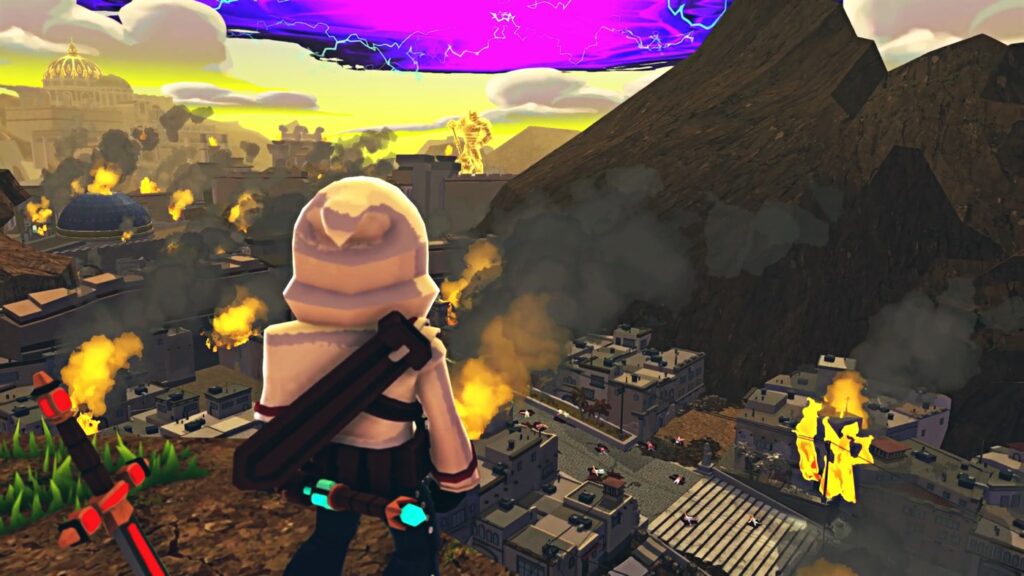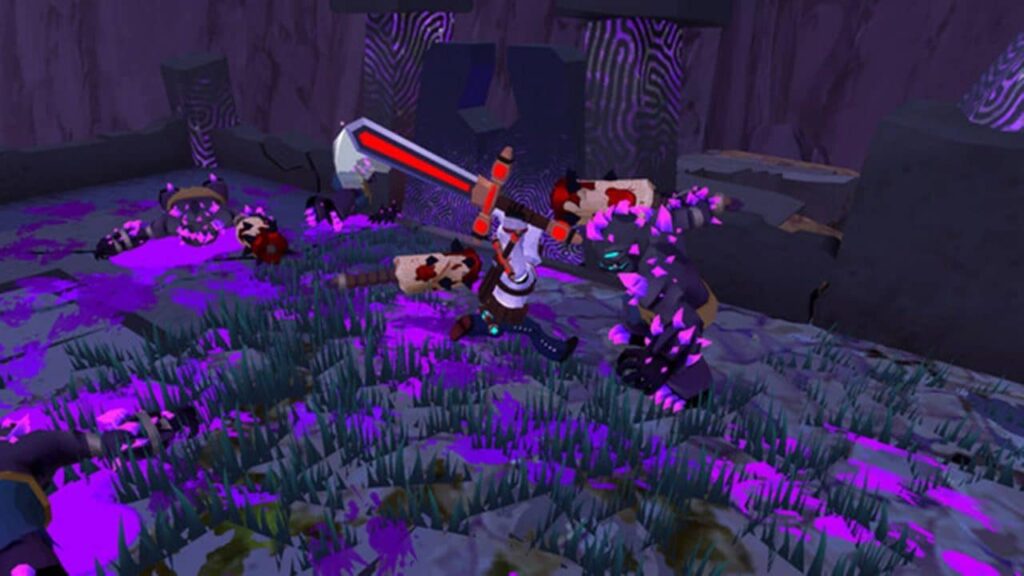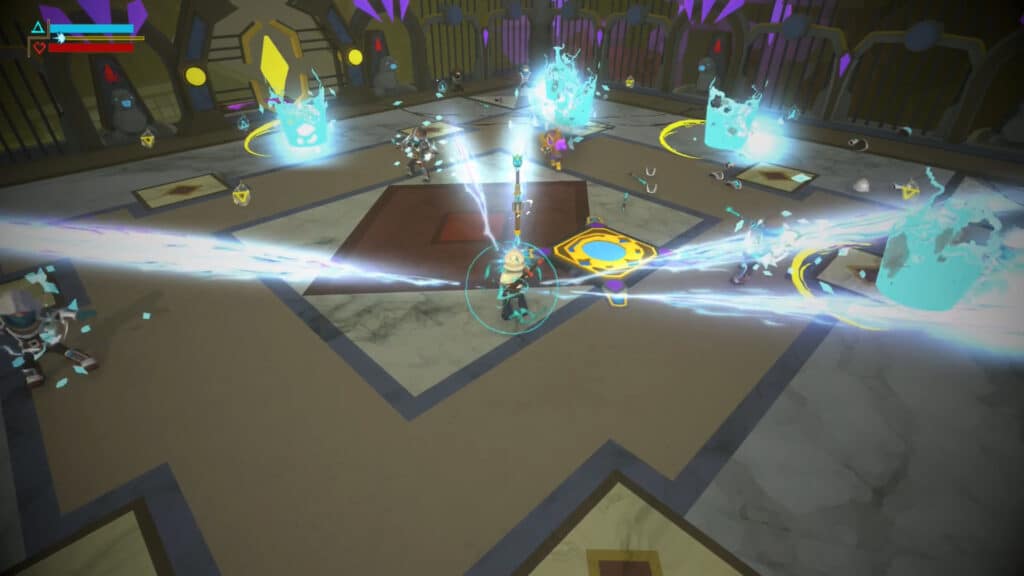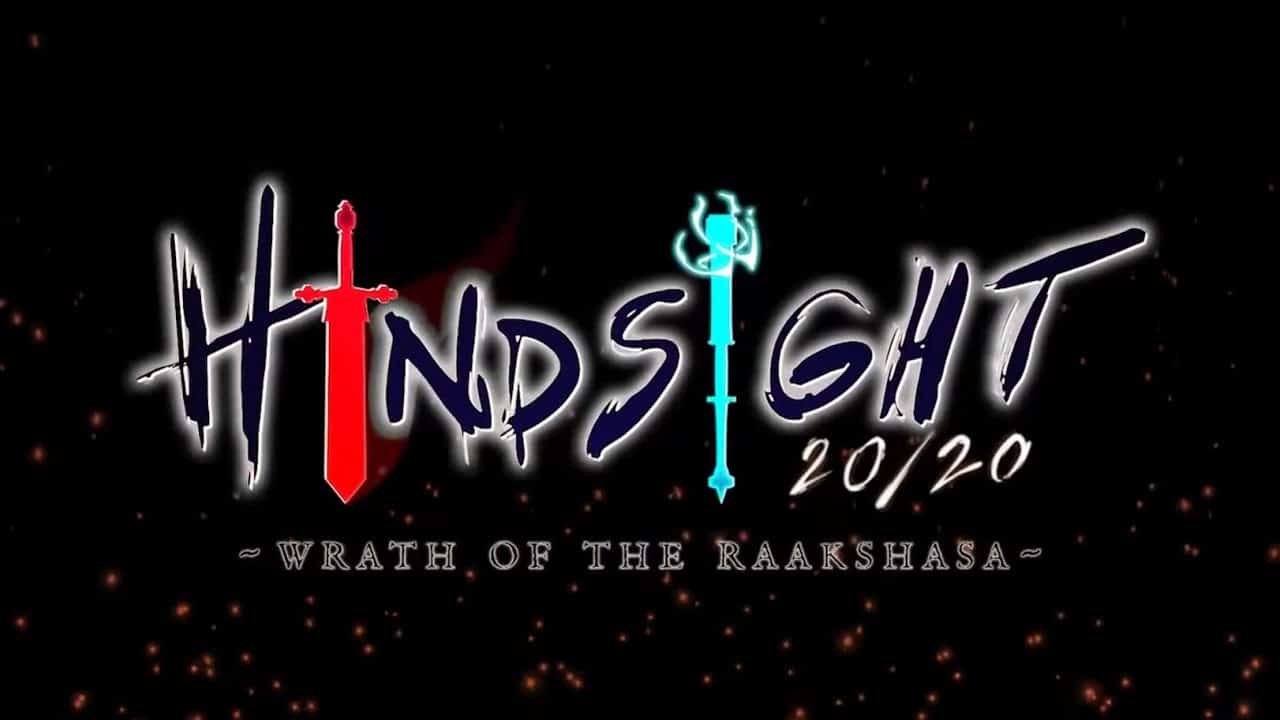Hindsight 20/20: Wrath of the Raakshasa is a peculiar independent video game born within the newborn Triple-I Games studio. This is the first project of this recently formed software house, however, made up of industry veterans from the much more renowned BioWare, which over the years has given us masterpieces such as the Dragon Age saga and Mass Effect. Hindsight 20/20: Wrath of the Raakshasa is a title that in our opinion it fails to hit the mark: here is our review.
Hindsight 20/20 Wrath of the Raakshasa: la nostra recensione
As we anticipated in the introduction, Hindsight was born from the minds of some developers previously employed in BioWare, famous above all for sagas like that of Dragon Age, Mass Effect e Baldur’s Gate, all products that mixed solid gameplay with a plot strongly centered on the player’s moral choices. If you have played any of these titles you will know that BioWare has always proposed an extremely multifaceted story, capable of making the characters credible and realistic.

In theory, Hindsight moves from this basic infrastructure, proposing a gameplay that interfaces directly with the tones of the narrative and based on a system linked to the moral choices. Unfortunately, however, the actual rendering of this idea is carried out in such a superficial and hasty way as to destroy the narrative of the production from its very foundations.
The final result that we found ourselves playing is an attempt to say the least crude to make the verse to the great masters that we have mentioned a little while ago, also winking at the primes.i The Legend of Zelda in an inelegant way. But let’s go in order starting from the narrative premises of this title.
A leap in time
Hindsight begins with a long film in which we are shown a world at the top of its ruin, scourged by those who are Raakshasa that give the title to the adventure, creatures that are completely similar to ravenous zombies, the result of a mysterious and lethal pandemic. Leading the horde is there Shina, the leader of this creature that threatens to destroy Champaner, the protagonist’s city Jhena.
Without fully understanding how and in what context this happens, Jhena manages to make a leap back in time, to “make up for her mistakes”, whatever they may be. And from here it is an escalation of hasty and unintelligible events. Within minutes we learn that a close friend of ours is about to become a Raakshasa and that the killer of our father (who we didn’t even know was dead) comes between us and him.

Narrative elements that obviously disturb our protagonist, but for us they have the same emotional impact as the tram timetables, since these characters do not even have the shadow of a background capable of making us better know them. Within 15 minutes we will have already faced the first bossfight, aka the aforementioned murderer of Jhena’s father and witnessed his friend’s suicide, all in our general indifference.
This problem will continue to arise until the end of the game, with NPC that appear out of nowhere and are treated as tragic heroes for which we will have to feel who knows what emotional transport. The whole thing then ends in a rather banal ending that we leave you the pleasure of discovering for yourself, if you want to take the trouble to play Hindsight to the end.
The gameplay
But even if the plot is confusing and poorly told, the gameplay can raise the fortunes of the right product to a minimum? Unfortunately not, because despite an interesting basic idea, all the fights in the game tragically boil down to repeated pressing of the same button with very few variations on the theme.
The effectively effective part of the combat system consists in the choice, integrated into the narration, to opt for a deadly or a non-lethal approach. Choosing whether to kill our enemies with the sword or stun them with the electric baton will have different effects on game progression.

These consequences, however, are always obvious and almost never surprise in the positive, since they are devoid of those shades of gray that we would have expected from such experienced developers.
It doesn’t help that the entire combat system is nothing short of woody and implemented in an unintelligent way. In fact, the game would like us to alternate our attacks on all the enemies in the arena by pressing the analog stick to direct the shots, since if we insist on a single enemy we will do very little damage. The problem is that the arenas in question are huge and the enemies scattered on all sides, which makes combos unnecessarily frustrating to make.
Managing to shoot 6 shots in a row Jhena will make a final blow, but being able to perform this move is more a matter of luck than skill.
In conclusion
We conclude our review of Hindsight 20/20 Wrath of the Raakshasa is a title that, despite the excellent names behind its development, fails in its intent, which is to be a fun video game that turns out to be a highly derivative product with practically non-existent creative flashes. From a team that has worked on projects like Dragon Age and Mass Effect we would have expected a lot more.
If you want to try it for yourself, the game is available on Steam and Nintendo Switch.













Leave a Reply
View Comments